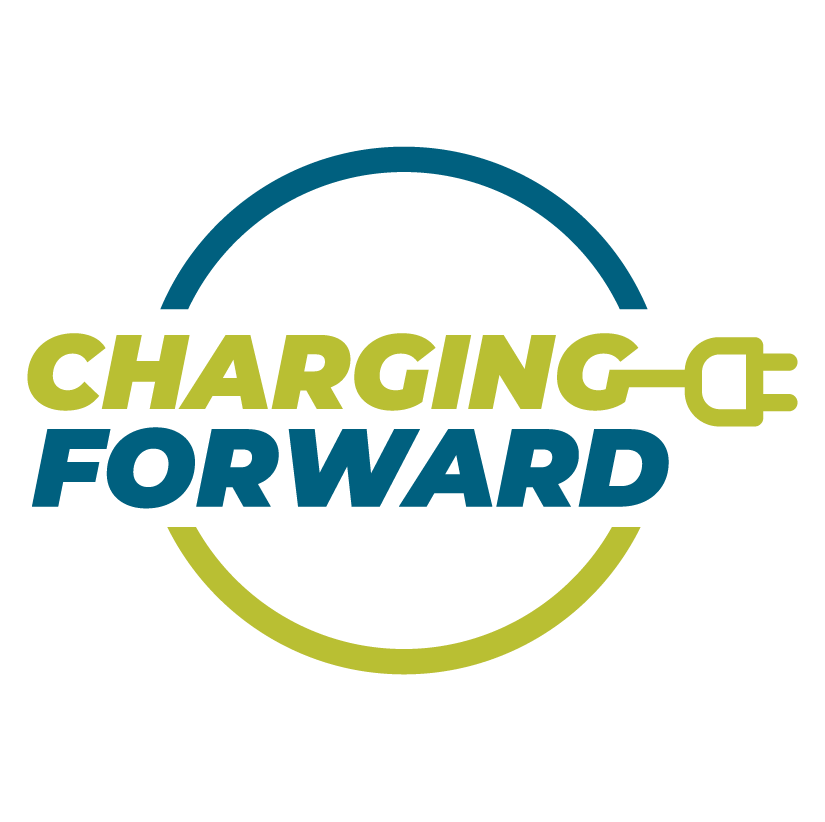
Nebraska Draft EV Infrastructure Plan Comments |
Questionnaire Introduction
NDOT has prepared a draft state plan for electric vehicle charging infrastructure associated with the National Electric Vehicle Infrastructure (NEVI) Plan. The Plan sets the framework for how the estimated $30 million in federal funding will be spent to expand the electric vehicle (EV) charging infrastructure over the next five years.
The purpose of this questionnaire is to gain input on four critical elements of the framework and provide an opportunity for you to provide the NDOT team with your overall comments on the plan.
The following questions provide a summary of key parts of the plan, request input regarding your level of agreement with the content, and provide space for your open comments.
Your input will be included with the Plan and used to inform future revisions as the program is evaluated and updated annually.